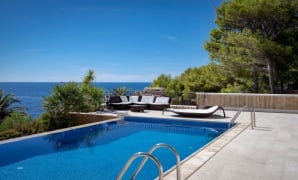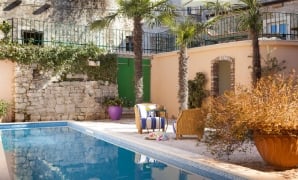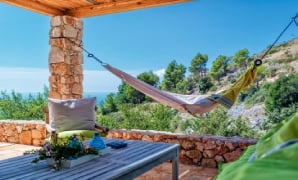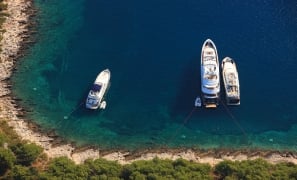Something is shifting in the way we move through the world. Travel in 2025 is no longer a race for pins on a map or the perfect sunset posted in real-time. More and more, travellers are asking: What do I give back to the places that hold me for a while? The era of ticking off countries has given way to a quieter pace, where the journey becomes a dialogue with the land, people and ourselves.
This isn’t a trend for us at Villas Hvar. It is the compass that has guided us from the beginning. We are not about faceless stock images or airbrushed ideals. We are real people with our own virtues and flaws, shaped by the island we call home. What we offer comes from lived experience, deep roots and a genuine love for this place – a love we always share with you in its most authentic form.
That's why mindful travel is not just a phrase we put on our website; it is the way Majda and Dalibor, the duo behind Villas Hvar, live their own lives. Here's how.
A garden instead of a supermarket
Dalibor speaks with pride about his summers. In his world, a tomato has weight, scent and the kind of taste that makes you close your eyes. “The vegetables come from our garden,” he says. “Tomatoes, potatoes, cucumbers, peppers, courgettes, aubergines, princess beans… My part is mostly the eating,” he laughs, “but the point is that we grow them. It matters.”
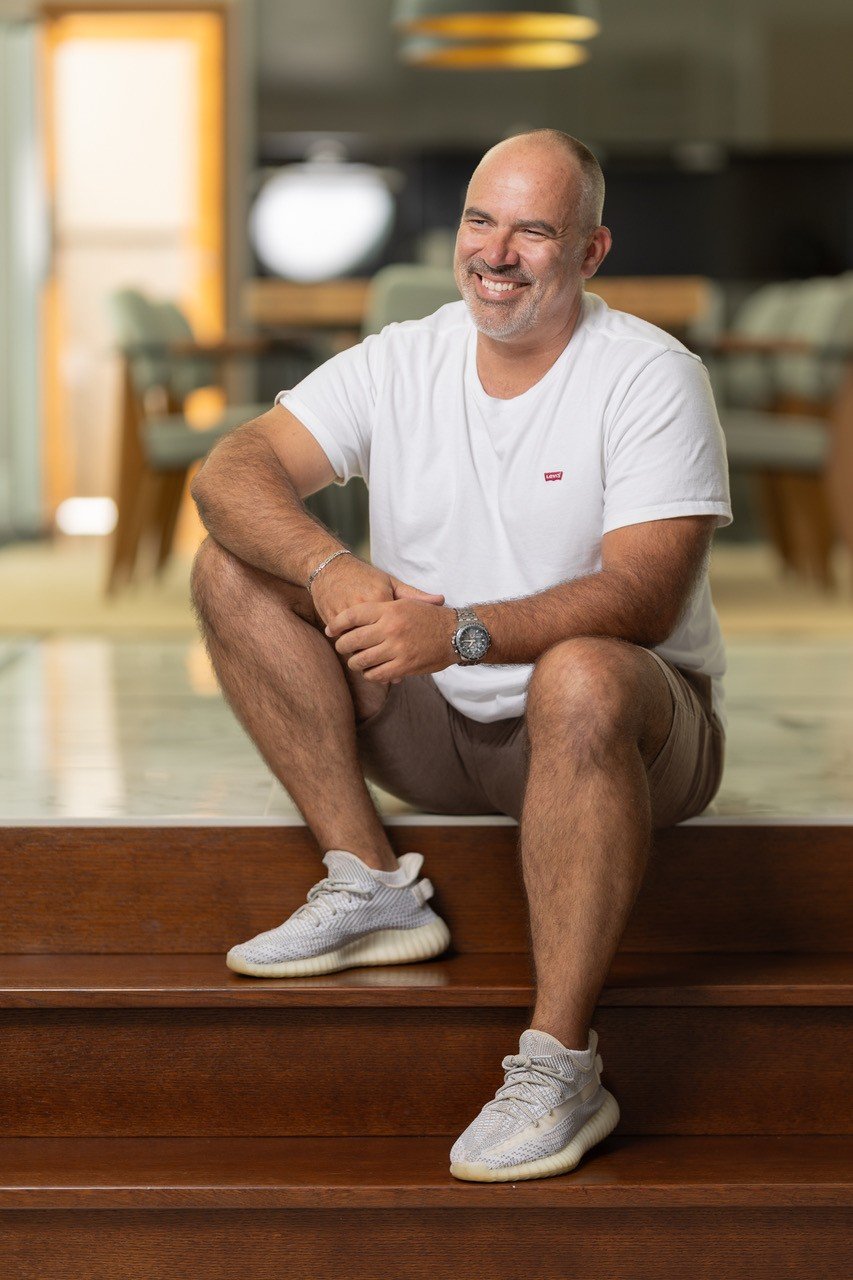
This small ritual of planting and harvesting, of watching things grow slowly, is a form of resistance to the speed of modern life. It is also practical. He’s installed a heat pump to make their home more energy-efficient and solar panels are next. It’s the sort of thinking that says: take less and give back more.
Trees for every journey
Majda’s version of mindful living begins with a single question: What world are we leaving for those who come after us? For every booking made through Villas Hvar, a tree is planted on the island. Many of them are planted alongside schoolchildren, so that the act itself becomes a lesson. It’s not a marketing trick but a pledge and a way of tying each holiday to something that lasts longer than a week by the sea.
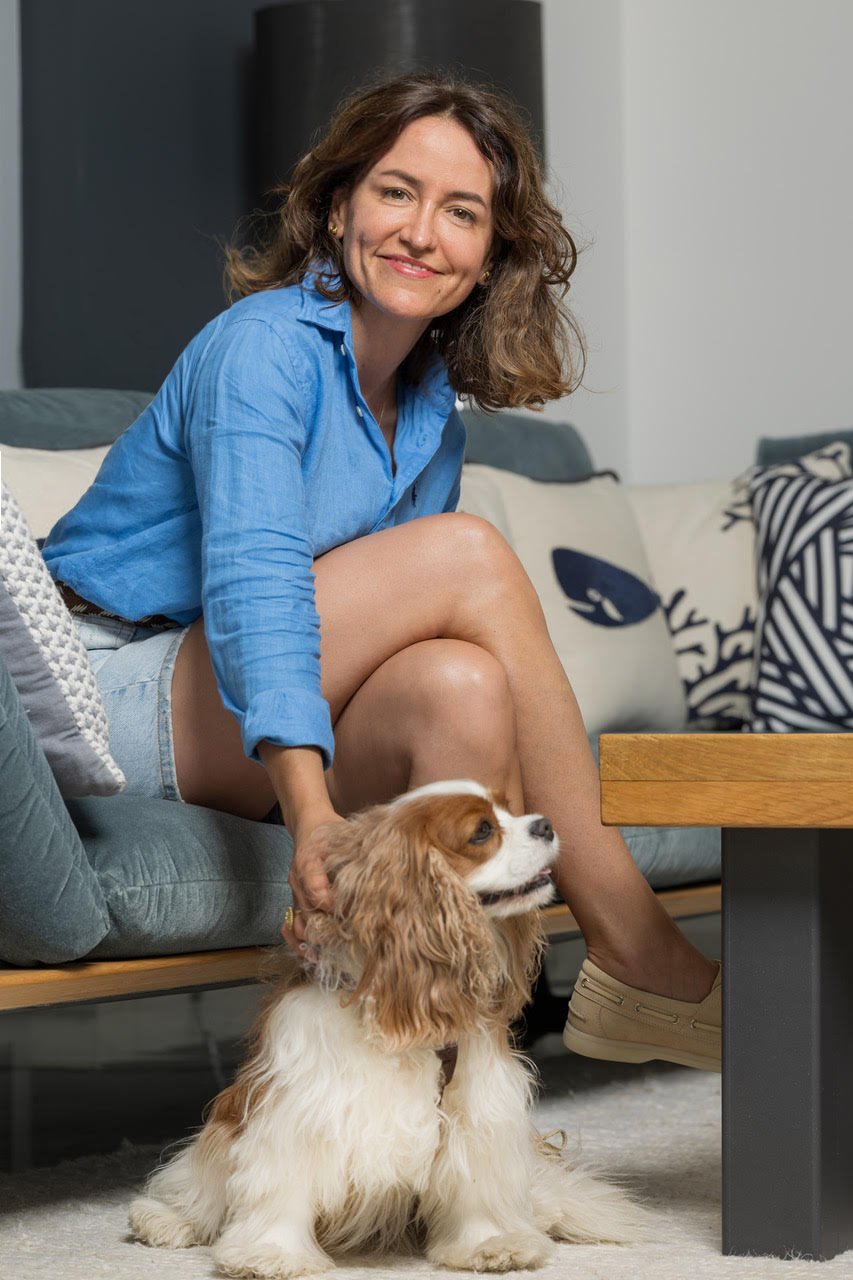
“I feel connected to nature in a way I cannot explain,” Majda says. “My father was a farmer and maybe that’s why. I feel the island in my bones. I want us to keep what we inherited from our ancestors, but also to be brave enough to change what isn’t good. We have a duty to watch each other’s backs here.”
Choosing what matters
This philosophy spills into everything she does. She shops from islanders, recommends island-run restaurants and coffee bars and supports local craftspeople and producers whenever possible. If there is a locally made soap, wine, olive oil or artwork, chances are Villas Hvar has already found a way to share it with guests.
The idea is simple: every euro spent locally is a brick in the future of this community. Capitalism, Majda says, “is a hungry beast that spares no one.” Supporting small island businesses is, for her, a way of slowing that beast down.
How we move
There are smaller habits, too. They fly only when necessary, walk whenever possible and use public transport in the city. Meals are less heavy on meat and plates are filled with local food. Waste is sorted, water is not wasted and when Majda swims, she picks up rubbish from the sea, putting it back where it belongs.
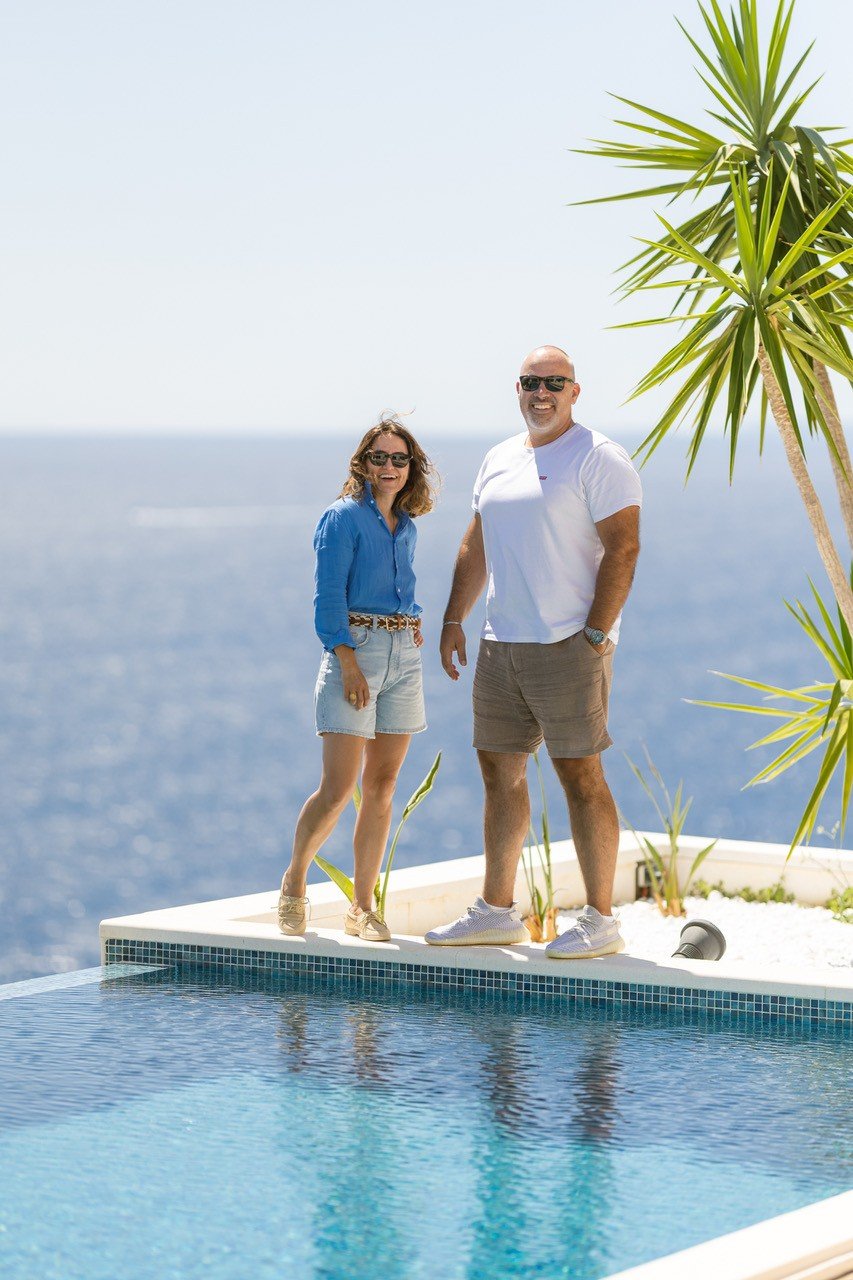
Why it matters
This is the heart of Villas Hvar: an awareness that our holidays are borrowed time in borrowed places. Mindful travel is not about being perfect but about paying attention. And when attention becomes habit, it changes everything, from how we pack a suitcase to how we leave an island behind — hopefully better than we found it.

